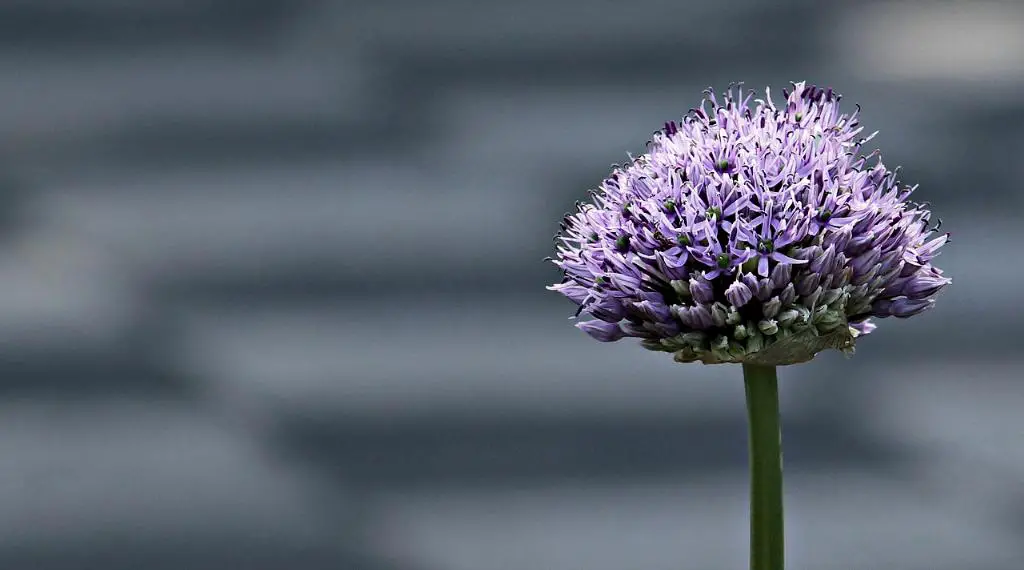When it comes to landscaping and gardening, the allure of lush greenery and vibrant blooms can be a rewarding sight. Allium plants, known for their unique globe-shaped flower heads and ornamental charm, are a favorite among garden enthusiasts. However, a common concern for gardeners is the potential threat posed by deer, known for their voracious appetites and tendency to graze on various plants. In this article, we explore the relationship between deer and Allium plants, shedding light on whether these majestic animals have a penchant for dining on these beautiful blooms.
All About Allium Plants
Allium plants, a genus that includes onions, garlic, chives, and ornamental varieties, are renowned for their distinctive appearance and varied uses in culinary and ornamental settings. The ornamental Allium species, with their towering stems and spherical flower heads in shades of purple, pink, white, and more, add a touch of elegance to gardens and landscapes. These plants are not only visually appealing but also known for their resilience and ability to thrive in diverse conditions.
Unraveling Deer Feeding Habits
Deer, as herbivores, have a diverse diet comprising grass, leaves, twigs, fruits, and flowers. They can be selective in their feeding habits, with preferences varying based on factors such as plant availability, season, and region. Deer are known to graze on a wide array of plants, making them potential threats to garden vegetation, including beloved blooms like Alliums.
Do Deer Indulge in Allium Plants?
While Allium plants are generally considered deer-resistant due to their pungent odor and unpalatable taste, there have been instances where deer may nibble on these plants, especially when other food sources are scarce or during harsh weather conditions. The impact of deer feeding on Allium plants can vary, with potential damage to foliage and blooms if left unchecked.
Protecting Your Allium Plants
To safeguard your Allium plants from deer browsing, employing effective strategies is essential. Natural deterrents like planting deer-resistant species around Alliums, using strong-smelling materials like garlic and soaps, or investing in physical barriers such as fences can help deter deer from feasting on your prized blooms. By taking proactive measures, you can maintain the beauty and integrity of your garden while coexisting harmoniously with wildlife.
In Conclusion
In conclusion, while Allium plants possess inherent deer-resistant qualities, it is crucial to remain vigilant and proactive in protecting them from potential deer damage. By understanding deer feeding habits, implementing deterrents, and nurturing your garden with care, you can enjoy the splendor of Allium blooms without worrying about deer interference. Remember, a little precaution goes a long way in fostering a thriving garden environment where both flora and fauna can flourish.

